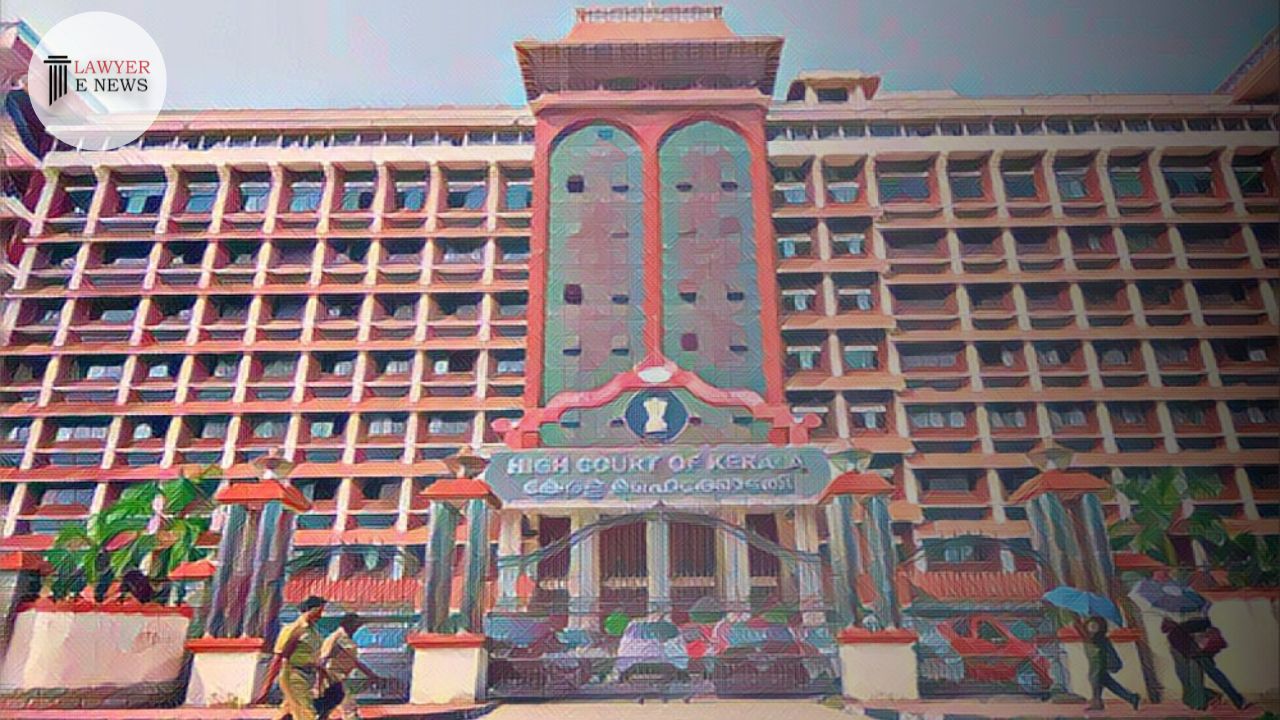-
by Admin
15 February 2026 5:01 PM



In a significant judgment, the Kerala High Court has ruled that withdrawing consent for a mutual divorce at a late stage, after partially complying with the terms of a mediation agreement, cannot be permitted. The Bench comprising Honorable Mrs. Justice Anu Sivaraman and Mr. Justice C. Pratheep Kumar dismissed an appeal against the dissolution of marriage granted by the Family Court, Ernakulam.
The crux of the judgment revolved around the legal validity of withdrawing consent for a divorce by mutual consent under Section 10A of the Divorce Act, post partial compliance with a mediation agreement's terms.
Dr. Jinu Joy, the appellant, contested the dissolution of her marriage with Dr. Bony Baiju. Following marital discord and several litigations, both parties had entered into a mediation agreement, agreeing to dissolve their marriage and settle financial and custody terms. After complying with part of the agreement, Dr. Joy withdrew her consent for divorce, leading to this appeal.
The High Court extensively reviewed precedents, including "Prakash Alumal Kalandari v. Jahnavi Prakash Kalandari [AIR 2011 Bom. 119]" and "Benny v. Mini [2021 (2) KLJ 190]". Emphasizing these rulings, Justice Pratheep Kumar noted, "Once parties agree to file a joint petition pursuant to an agreement in pending proceedings, they are estopped from resiling from the agreement." The Court found that unilateral withdrawal of consent, particularly after one party has performed their part, is a malpractice that undermines the justice system's integrity and the alternative dispute resolution mechanism.
Upholding the Family Court’s decision, the High Court dismissed the appeal, observing no legal flaw in the Family Court's approach. The judges remarked, "In the present case, the appellant withdrew her consent at the final stage, which is contrary to the spirit of mutual consent. Thus, the Family Court was justified in its decree."
Date of Decision: March 15, 2024
"Dr. Jinu Joy Vs. Dr. Bony Baiju"
